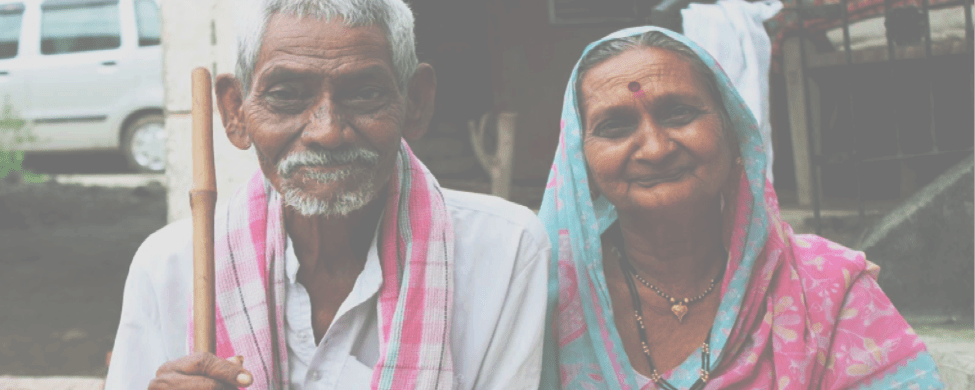DISABILITY MANAGEMENT FOR ELDERLY

INTRODUCTION
The project focuses on managing care for the disabled elderly. It highlights the perceived needs of the elderly and current barriers to help develop better geriatric services within the existing healthcare system. The endeavour is focused on enabling better quality and functional life for the disabled elderly.
The life expectancy in India has increased from 37 years in 1950 to 65 years in 2011 and is expected to reach 74 years in 2050. According to the 2011 census, the elderly (aged 60 and above) accounted for 8.5% of the total population, numbering 103.2 million. The United Nations Population Division expects India’s elderly population to touch 19% in 2050, which poses many challenges to healthcare systems and raises numerous age-related issues. There is a need to emphasize that disease and disability are not necessarily part and parcel of old age. The Ramaiah Group understands the urgency and needs to promote the concept of active and healthy aging, which includes preventive health and better methods of rehabilitation.
FAST FACTS
PARTNERSHIPS
The Ramaiah Group collaborated with local leaders and authorities, medical officers and public health sector administrators, healthcare providers, ASHA/USHA workers, and the local communities.
THE CHALLENGE
There is an acute paucity of data on disability among the elderly and very little effort has been taken to develop a good system of health and social care. There are no models of insurance systems or a network of nursing homes for the elderly as in the developed world.
RESEARCH METHODOLOGY
The study lasted for one and a half years and was done in three phases. The sample size considered was 963 and approximated to a 1000 elderly based on an average prevalence of disability. Sampling was done in the Aradeshnahalli PHC area for rural data and Mathikere health center area for urban data.
PHASES
KEY LEARNINGS
Due to the significant lack of data, healthcare services and the general population are unaware of the needs of the disabled elderly. Appropriate services and interventions can be introduced with focused education and training programs to raise awareness levels.
OUTCOMES
- The findings of the study strengthened the management of geriatric healthcare in general, and disability management in particular.
- The study helped understand how the healthcare system can provide more need-based geriatric services.
- Focused individual assessments of the elderly helped plan appropriate interventions to improve their functional abilities.

